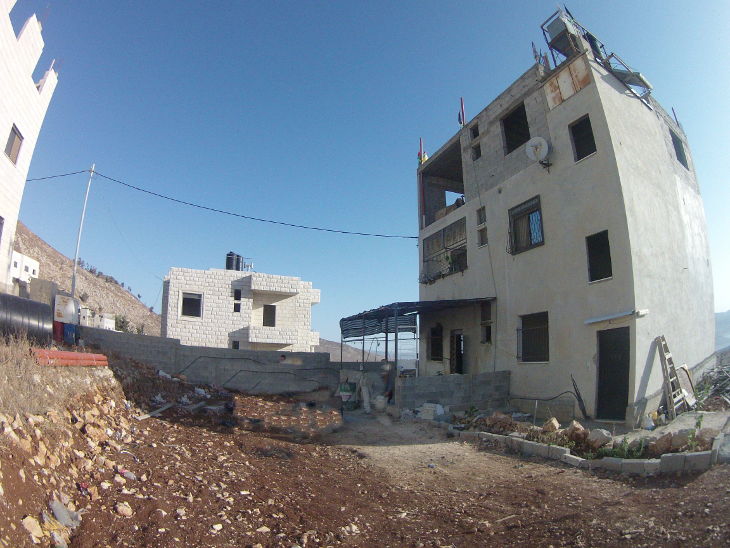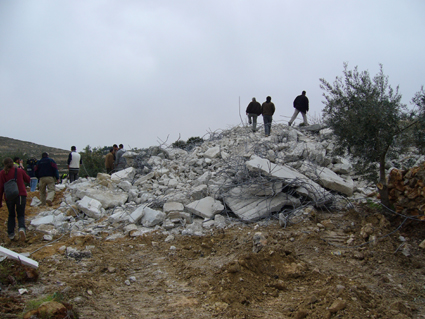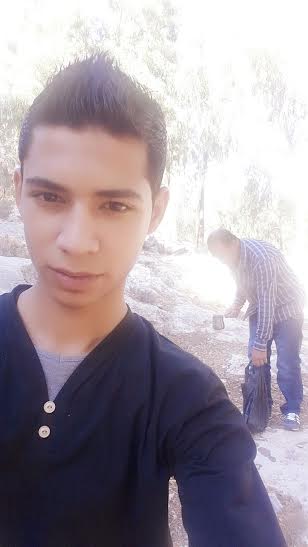Tag: House Demolition
-
Palestinian and international civilians will resist revenge home demolitions on the second night in a row
17th October 2015 | International Solidarity Movement, Nablus team | Nablus area, occupied Palestine Palestinian civilians joined by International solidarity activists will gather tonight, Friday 17, October 2015, at the Nablus city homes of Yahya Hamad, Karam Al-masri and Sameer Al-kosa after Israeli forces threatened revenge demolitions. This action of resistance started on the 15th of…
-
Palestinian and international civilians to resist revenge home demolitions
16th October 2015 | International Solidarity Movement, Al-Khalil team | Nablus area, occupied Palestine Palestinian civilians joined by International solidarity activists will gather tonight, Friday 16, October 2015, at the Nablus city homes of Yahya Hamad, Karam Al-masri and Sameer Al-kosa after Israeli forces threatened revenge demolitions within 24 hours. Yesterday night, hundreds of Palestinians…
-
Palestinian and International civilians to resist revenge home demolition
8th October 2015 | International Solidarity Movement, Al-Khalil team | West Bank, occupied Palestine Wednesday 7 October ’15 Surda Ramallah Palestinian civilians joined by International solidarity activists will gather tonight, Wednesday 7, October ’15, at the home of the bereaved family of Muhannad Halabi, which is threatened by demolition in retaliation for the fatal stabbing…



